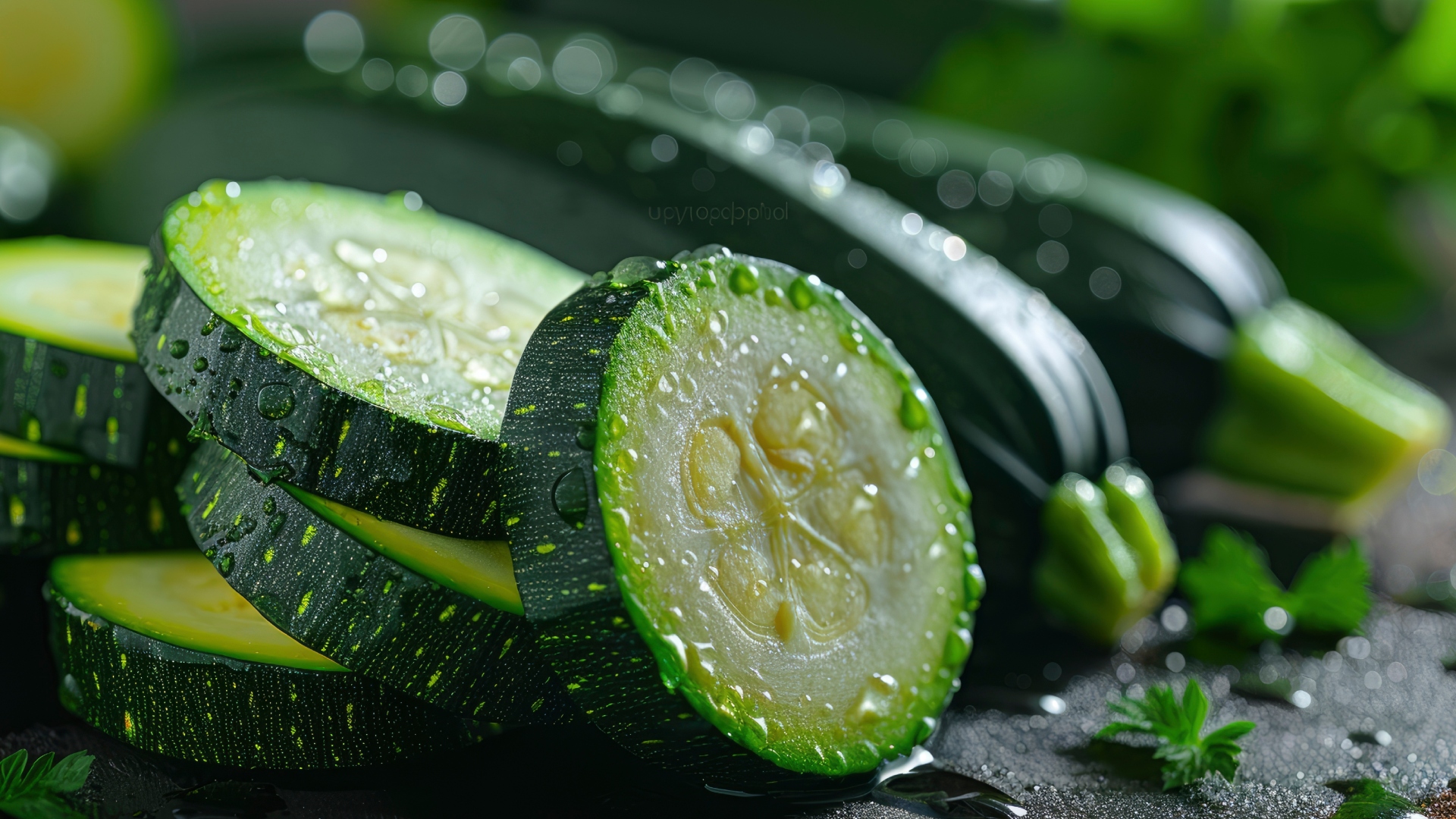The Versatile Zucchini: A Summer Delight with Important Safety Tips
Zucchini is a beloved summer vegetable that finds its way into countless dishes. Whether it’s tossed into salads, stuffed with flavorful fillings, grilled to perfection, or simply sautéed in a pan, this versatile ingredient is a staple in many kitchens. Low in calories, high in water content, and packed with fiber, zucchini is not only easy to cook but also incredibly nutritious. However, while it’s a healthy choice, improper handling can turn it into a source of bacteria, posing serious health risks.
Not Washing the Skin: A Common Mistake with Serious Consequences
One of the most common mistakes people make when preparing zucchini is assuming that peeling the skin is enough to clean it. In reality, the skin should be thoroughly washed before peeling. If the surface isn’t rinsed properly, bacteria or pesticide residues can be transferred to the flesh of the vegetable through the knife blade. Even if you don’t plan to eat the skin, washing is still crucial. As noted by various food sources, zucchini can harbor microbes or chemical residues that can contaminate your dish if not properly cleaned.
Hygiene Practices That Can Make a Difference
Maintaining proper hygiene during food preparation is essential. Many people overlook the importance of washing their hands, cleaning utensils, and disinfecting work surfaces before handling zucchini. These simple steps can prevent the spread of harmful bacteria and reduce the risk of digestive issues or food poisoning. Once the skin is removed, it’s often too late—microbes have already made their way into the flesh of the vegetable.
Tolong support kita ya,
Cukup klik ini aja: https://indonesiacrowd.com/support-bonus/
Raw Zucchini: Extra Precautions Are Needed
Zucchini can also be enjoyed raw, especially when grated or sliced thinly for carpaccio. In these cases, the skin is often left on, which means any pesticides or contaminants on the surface could be consumed. While zucchini is rich in fiber, vitamins, and antioxidants, it can also contain high levels of pesticide residues. This can lead to symptoms such as nausea, vomiting, or more severe reactions in sensitive individuals.
To minimize exposure, it’s advisable to choose organic zucchini whenever possible. Organic produce is less likely to contain excessive chemical treatments. Regardless of the source, thorough washing is always recommended, even for zucchini from small local producers.
Bitter Zucchini: A Warning Sign
A bitter taste in zucchini is a red flag. This may indicate the presence of cucurbitacins, naturally occurring toxic compounds found in some varieties of squash. If your zucchini tastes bitter, it’s best to discard it immediately. Avoiding any potential risk is always the safer choice.
The Health Benefits of Zucchini
Despite the need for careful handling, zucchini remains an excellent addition to a healthy diet. It offers a wide range of nutritional benefits, including:
- Potassium – helps regulate blood pressure
- Vitamin C – boosts immunity and protects against infections
- Vitamin B9 (folic acid) – supports the nervous system and overall brain function
- Fiber – aids digestion and promotes gut health
- Antioxidants – help reduce dark circles and improve skin health
Final Tips for Safe and Healthy Zucchini Preparation
Washing zucchini before peeling or cutting should be considered as important as handwashing. It’s a quick and simple step that can significantly impact your health. By taking these precautions, you can enjoy the many benefits of zucchini without compromising your well-being. With proper care, this summer favorite can remain a safe and delicious part of your meals.







